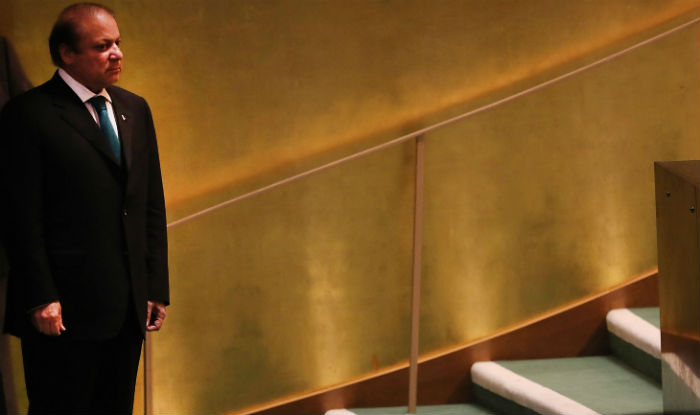
It’s amazing how academia (pretty much like any field) contains its share of pessimists and optimists who manage to polarize opinion. The caveat that needs to be understood, however, is from where the pessimism or optimism stems; whether it is Pervez Hoodbhoy’s proclivity towards nuclear abolition when issues of security in South Asia are raised, or advocacy directed towards nuclear weapons’ being crucial for the survival of a state. Regardless of how weak, crippled, or dilapidated the state is internally, such narratives should be open to debate. Factual questioning needs to take place with prudence.
Brig. Feroz Hassan Khan’s review (available here, page 15) of Confronting the Bomb: Pakistani and Indian Scientists Speak Out, is an example of a balanced analysis of the assertions made by scientists who hail from a school of thought that is obsessed with nuclear abolition. Don’t get me wrong—Khan has also appreciated insights based on his own expertise in the field. There are, however, a few salient reasons as to why I consider this review to be a must read for those who often buy into to narratives without questioning them.
First, the assertion that Pervez Hoodbhoy’s claims are rooted in an intellectual tradition that favors banning the bomb and promoting a peaceful world is a valid one, especially when one analyzes the history of the nuclear weapons programs of both India and Pakistan. The underlying motivations for building weapons programs were rooted in animosity, hostility, and suspicion of regional rivals. India’s need to deter China and Pakistan’s need to deter India have gone hand in hand. Understanding the perceived need to develop a credible deterrent to offset India’s conventional superiority is essential to understanding Pakistan’s nuclear program; especially as Pakistan witnessed a devastating loss of territory and economic clout during the 1971 war. In a nutshell, Pakistan would not be better off without nuclear weapons given the historical context in which it sought to develop them – which is supported by Kenneth Waltz’s neorealist theory of the nuclear weapons having a “more the merrier” effect. The nuclear program has been at the vanguard of ensuring Pakistan’s territorial integrity and national sovereignty, and therefore should not be viewed as an illegitimate source of power that ought to be abolished. Such assertions border on the preposterous, regardless of from where they come.
Secondly, the Pakistan military establishment is a massive canvass that has harbored an array of ideologies, thought processes, and decision-making policies, all of which have inevitably had a bearing on the nation’s history and progress. While the military has had its share of shortcomings, the contributions made by the institution in guaranteeing the safety of weapons (for example, Personnel Reliability Programs’ being enforced and implemented) are to the Strategic Plans Division’s (SPD) credit – a fact which Khan acknowledges. This makes the constant berating of the military’s role on the part of Hoodbhoy and Mian open to skepticism and questioning. If one can be blunt, such assertions actually toe the line of Christine Fair’s claims that all the problems of South Asia emanate from an institution which continues to be dogmatic, indoctrinated, and constantly obsessed with conquering New Delhi. One really needs to be fair, and not necessarily “Fair,” when analyzing Pakistan.
The real challenge in Pakistan is what mandates the most amount of attention: massive poverty, poor governance, and terrorism. It is more important to address these challenges as compared to questioning the utility of nuclear weapons for both India and Pakistan. Nuclear weapons will always have deterrence value, regardless of what abolitionists claim. As much as Pakistan’s nukes were and continue to be a source of national pride, in modern times, peaceful cooperation and economic development (domestic development – not reliance on the Gulf for petrodollars!) are areas which mandate a considerable amount of attention. A colleague of mine, Masood Mirza, recently highlighted this fact in a South Asian Voices post titled “Changing the Mindset.” It is also important to note that the utility of nuclear weapons will continue, borne by the fact that neither country has surpassed the nuclear threshold despite fighting four wars. The Kargil episode is, in particular, a classic example of the stability-instability paradox.
To sum up, one needs to strike a balance and not accept narratives as they come as reality. This review clearly shows that Brig. Feroz Hassan Khan, who was formerly a Director of Arms Control and Disarmament Affairs within the Strategic Plans Division, makes a valid point that while Pakistan can be castigated for its shortcomings, credit needs to be given where it is due.
***
